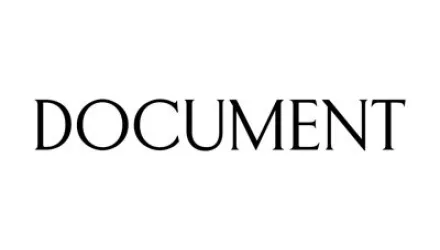The rise of social media as a means of communication has been celebrated as a new way for citizens to voice dissatisfaction with their government and to coordinate dissent. But governments remain in de facto control over Internet accessibility, which means that new digital technology also provides abusive rulers with new repressive tools.
In this seminar, the speaker argues that states' Internet control policies go hand in hand with their use of repressive strategies. Where governments allow their citizens to access the Internet, surveillance of digital information exchange can provide intelligence which should enable the use of more targeted forms of repression. Censoring Internet accessibility can impede collective organization against the government, but it severely limits access to information on precise targets, which should in turn lead to a heightened use of untargeted repression. The speaker will present new data on government killings in the ongoing Syrian conflict that distinguish between targeted and untargeted events using supervised text classification. Higher levels of Internet accessibility are consistently linked to an increase in targeted repression, whereas areas with little or no access witness more indiscriminate campaigns of violence. The results offer important implications for scholars and policymakers' understanding of how governments incorporate the selective access to communication technology into strategies of coercion.
Please join us! Coffee and tea provided. Everyone is welcome, but admittance will be on a first come–first served basis.


